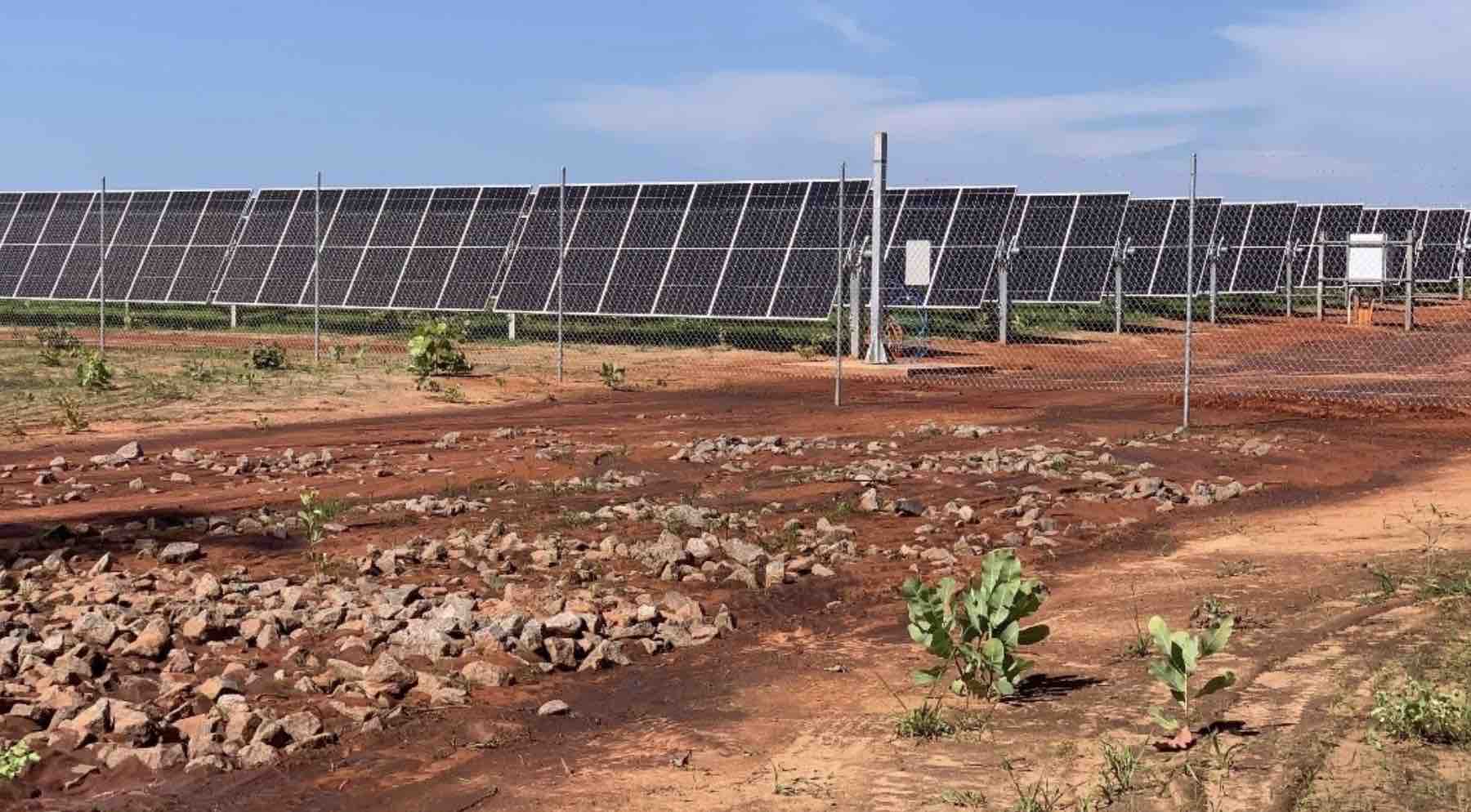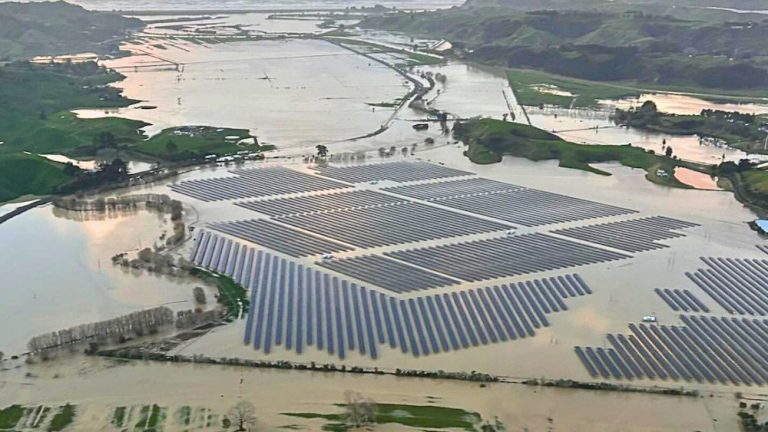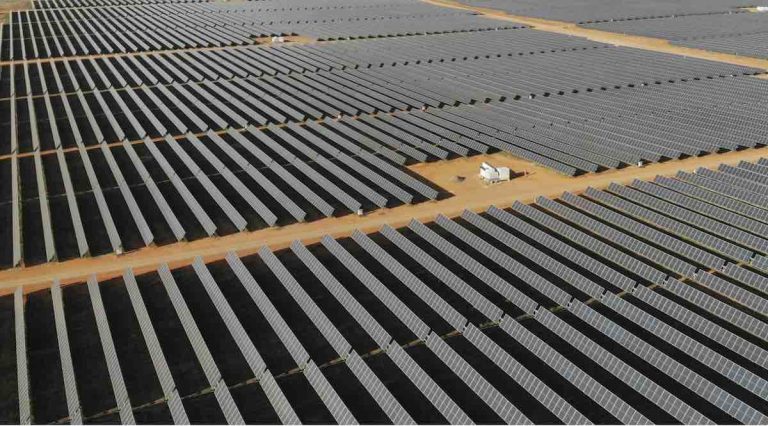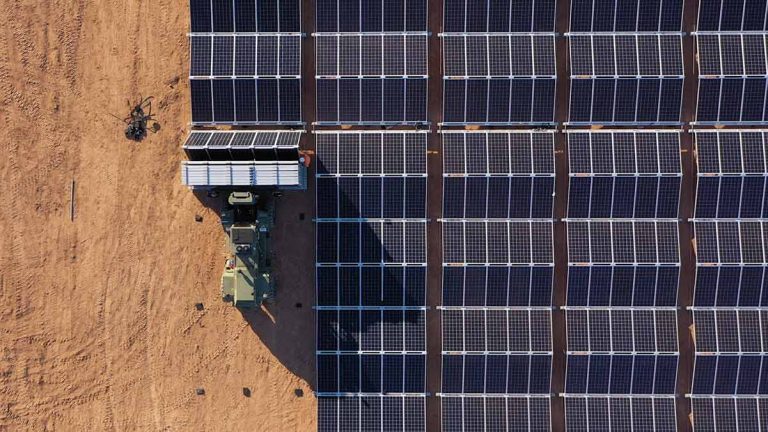Melbourne Company Breaks Solar Farm Impasse in the Top End
Proa, an Australian energy intelligence company, has successfully enabled the activation of two long-delayed solar farms in Darwin, Northern Territory. These projects had been stalled for years due to stringent conditions on solar developments in the region. The company’s innovative technology played a crucial role in overcoming the obstacles that had hindered the progress of these solar initiatives.
One of the solar farms, a 3.2 MW facility at the RAAF Base Darwin, finally commenced operations after a seven-year journey that began with the project tender in 2017. Similarly, the Robertson Barracks solar farms, with a combined capacity of around 15MW, are now operational. These solar farms are not only supplying power to the Defence facilities but also contributing to the Darwin-Katherine Electricity System. They are the first projects to adhere to the stringent generator performance standards introduced in 2020 in the Northern Territory.
Overcoming Regulatory Challenges
The regulatory requirements in the Northern Territory had posed significant challenges for solar projects, including the need to match real-time output with forecasted output to avoid penalties. This necessitated the incorporation of battery storage solutions to ensure safe and efficient operation. Proa’s managing director, Victor Depoorter, highlighted the unique technical specifications met by the Defence solar farms, which operate behind the meter and utilise battery storage equivalent to a quarter of their capacity.
Depoorter explained that the solar farms are classified as ‘scheduled generators,’ similar to traditional energy sources like gas, coal, or hydro. This classification mandates precise energy export commitments, requiring the projects to consistently meet their output targets regardless of external factors such as weather conditions or maintenance activities.
Advanced Forecasting and Management System
To address these challenges, Proa developed an advanced capacity forecasting and management system over several years. This system enables the solar farms to fulfil their energy supply commitments with 100% certainty, both to the grid and the Defence facilities. By integrating small battery energy storage systems and proprietary intelligent tools, the solar farms can dynamically adjust their energy offerings based on real-time data and forecasted conditions.
Depoorter emphasised that Proa’s technology not only resolved the operational issues faced by the Defence solar farms but also holds promise for other idle solar projects in the Northern Territory. The company’s proven expertise in developing innovative solutions within the energy sector positions them as a key player in driving the integration of solar energy into the national grid.
Sophie Vorrath, the editor of One Step Off The Grid and deputy editor of Renew Economy, has been actively involved in reporting on clean energy for over a decade. Her insights and expertise contribute significantly to the coverage of renewable energy developments and technological advancements in the industry.






